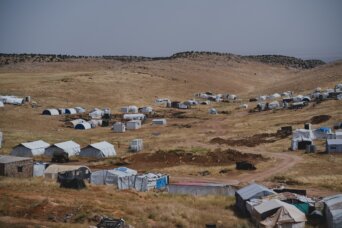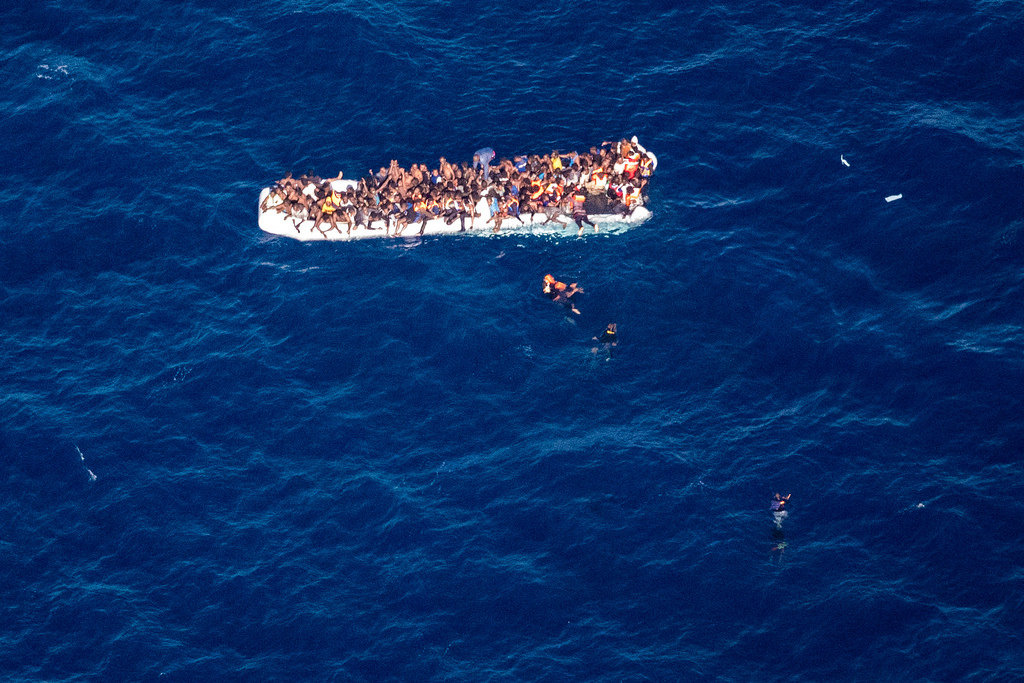- About
- Topics
- Picks
- Audio
- Story
- In-Depth
- Opinion
- News
- Donate
-
Signup for our newsletterOur Editors' Best Picks.Send
Read, Debate: Engage.
| topic: | Refugees and Asylum |
|---|---|
| located: | Croatia, Afghanistan |
| editor: | Katarina Panić |
Last week, the European Court of Human Rights rejected Croatia’s request for referral in the case concerning the death of a six-year-old Afghan child who was hit by a train after having been denied the opportunity to seek asylum by the Croatian authorities and was ordered to return to Serbia via the tracks. With the court’s rejection, the ECHR’s judgment from November last year became final, which found multiple human rights violations against the Afghan family whose daughter died at the Croatian border in 2017.
Zagreb-based Centre for Peace Studies, an NGO that promotes non-violence, repeatedly asked the government to dismiss the minister of interior and several highly positioned officials over the human rights violations against people on the move since it was not an isolated case. Still, the prime minister refused to do so, stating that the issue is an individual problem, not a systemic one that would relate to the Croatian authorities.
“Over the attitude towards refugees, the Republic of Croatia has not been seen as a humane country for a long time, and today one of the EU member states, the Netherlands, decided to suspend the return of refugees to Croatia under the Dublin Regulation due to illegal and violent expulsions that refugees could be exposed. That is another great shame for the country you represent,” the Centre for Peace Studies addressed prime minister Andrej Plenković in an open letter.
The Afghan family has been detained and mistreated while seeking international protection. It has suffered a collective expulsion from Croatia, the state has restricted access to their lawyer, and the investigation into the child’s death was ineffective, among other things.
“The verdict itself shows that the tragic death of six-year-old Madina and the human rights violations against her family are not individual, as they show that various levels within the system were involved in violating the rights of this family and trying to deny them access to justice,” the letter reads.
The ECHR has several more cases against Croatia over the ongoing collective expulsion of refugees, which also shows this is not an isolated occurrence. Over the last six years, numerous activists, media, and local and international institutions have reported it is a systematic, long-lasting and widespread practice.
Image by Levi Meir Clancy

